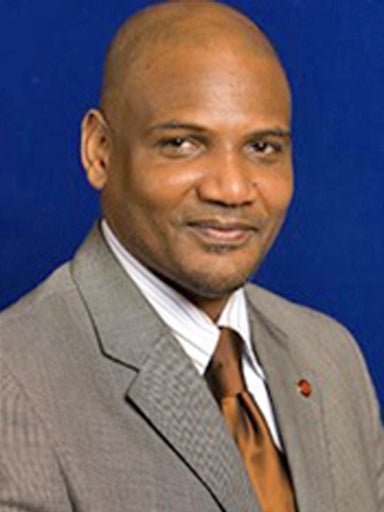IPCC wrong not to investigate us over Stephen Lawrence, say police
Manchester force takes unprecedented step after claims of smear campaign

A police force that asked for intelligence on witnesses giving evidence to the public inquiry into the murder of Stephen Lawrence has criticised a watchdog for refusing to hold an investigation into the spying row.
Greater Manchester Police and its elected Police Commissioner have taken the remarkable step of saying that public interest would best be served by an independent inquiry into the force’s conduct.
The force called for a U-turn by the Independent Police Complaints Commission (IPCC) which said last month there was no need for an independent investigation in Manchester, following claims by an undercover officer that covert tactics had been used against the Lawrence family and their supporters in an attempt to “smear” them.
This is despite the discovery of an internal memo from Manchester’s Special Branch requesting intelligence on “groups or individuals” attending public hearings in the city in 1998.
Explaining the decision not to launch an investigation, the IPCC said there had been no apparent request for undercover work to be carried out, and nobody had been given the job of doing it. The instruction on intelligence gathering was unearthed after the Home Secretary Theresa May ordered forces around the country to search their archives after the claims of police dirty tricks were first aired.
While the IPCC said that the force in West Yorkshire would be investigated over a file prepared on an anti-racist campaigner who gave evidence in Bradford, it claimed there was no evidence of misconduct in Manchester.
That decision was criticised as “astonishing” by the Charles Crichlow, the head of the National Black Police Association and a Manchester police officer, who first sounded the alarm at the Special Branch memo.
The watchdog’s decision led to the letter sent by the force on Monday to demand that an inquiry be held. “We were, and remain, of the view that an independent investigation of these issues would best serve the public interest,” said the letter to the IPCC signed by the Police and Crime Commissioner Tony Lloyd and the force’s Assistant Chief Constable Dawn Copley.
“We would like to place on record our concerns about how the matter was dealt with when it was raised in 1998.”
It said a local inquiry, which may lead to misconduct action, would not link events in Manchester and wider allegations that the Lawrence family were under surveillance after expressing frustration at the initial bungled Scotland Yard inquiry into the racist murder in 1993.
“We ask that the decision to leave this matter as a local investigation be reconsidered,” it said.
An independent inquiry by the IPCC would have all the powers of a police investigation.
Mr Crichlow told The Independent that the watchdog had not spoken with him before making its original decision. He did not attend the hearings for fear of becoming the subject of a Special Branch file. “It’s a strange state of affairs that the regulatory body like the IPCC finds itself in such a situation that they couldn’t get it right on something as straightforward as this,” he said.
An IPCC spokeswoman said the request by Greater Manchester Police and Mr Lloyd would be considered but said the letter acknowledged there was no indication of misconduct at this stage.
“If no such indication exists, the IPCC does not have the power under the Police Reform Act to investigate…. As we stated in our original decision, if evidence of recordable conduct comes to light during the course of either, the matter should be referred to the IPCC.”
Subscribe to Independent Premium to bookmark this article
Want to bookmark your favourite articles and stories to read or reference later? Start your Independent Premium subscription today.
